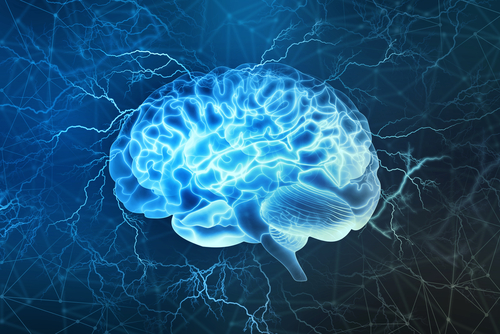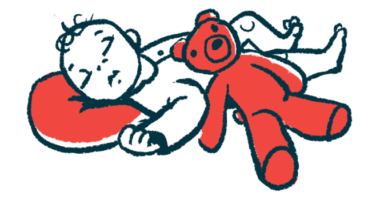Possible Treatment for Neuropathic Gaucher Disease, Arimoclomol, Shows Potential in Early Study

Arimoclomol, an investigative therapy being developed by Orphazyme, increases glucocerebrosidase activity in cells from Gaucher patients, including those with neuropathic forms of the disease, a new study says. Glucocerebrosidase is a lysosomal enzyme that is often deficient in these patients.
The proposed therapy, which boosts production of a family of proteins involved in stress response, could be an option for patients with neuropathic Gaucher disease, for which there is currently no approved treatment.
Findings from the preclinical study, “Arimoclomol, a clinical candidate for neuronopathic Gaucher disease, increases glucocerebrosidase activity through amplification of heat shock proteins,” were presented during the WORLDSymposium 2018 in San Diego.
Gaucher disease, caused by mutations in the glucocerebrosidase gene, is divided into three clinical forms based on its symptoms and progression — visceral, acute neuropathic, and sub-acute neuropathic stages.
Studies suggest that cells with the most common mutation in neuropathic Gaucher disease — L444P — respond to strategies that increase the amount of heat-shock proteins, or stress proteins.
Heat-shock proteins help cells work well under stress by improving protein folding and lysosome function.
Orphazyme and researchers at the Academic Hospital Santa Maria della Mesericordia in Italy evaluated the effects of arimoclomol in primary cells and neuronally differentiated stem cells collected from Gaucher patients.
The treatment significantly improved glucocerebrosidase maturation and folding, they found, which led to increased activity of the enzyme. The effect was observed in cells with different disease-causing genetic variants, including the L444P mutation.
Arimoclomol is being developed to treat severe orphan diseases, including Gaucher disease. It is able to cross the blood-brain barrier and reach the central nervous system without losing it effectiveness, making it an attractive potential therapy for neurological disorders.
Patients can take arimoclomol orally, and it can be added to liquids or food for those who have difficulty swallowing, Orphazyme said in a press release.
Orphazyme, a Danish company, is planning to soon open a Phase 2 trial of arimoclomol in Gaucher disease patients.
Arimoclomol is currently being studied in two Phase 2/3 trials, one in Niemann-Pick type C disease (NCT02612129) and sporadic inclusion body myositis (sIBM) (NCT00769860).
The therapy was designated an orphan drug as a potential treatment for Niemann-Pick type C, amyotrophic lateral sclerosis, and sIBM by both the U.S Food and Drug Administration (FDA) and the European Medicines Agency (EMA). Arimoclomol also received rare pediatric disease designation from the FDA for Niemann-Pick type C in January 2018.



